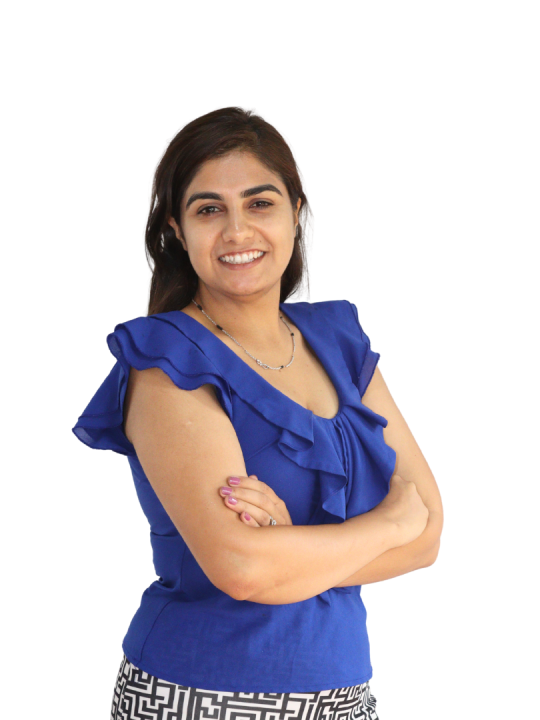Chiya Guff: The Fellowship I did not know I needed
One thing I really missed while living in the U.S. was chiya guff. Not coffee meetings scheduled two weeks in advance. Not polite small talk over oat milk lattes. I missed the raw, unfiltered, anytime-anywhere kind of conversation that only a glass of dudh chiya and a shared plate of chop can bring.  Supun Dahal,4th July,2025,
Supun Dahal,4th July,2025,
One thing I really missed while living in the U.S. was chiya guff.
Not coffee meetings scheduled two weeks in advance. Not polite small talk over oat milk lattes. I missed the raw, unfiltered, anytime-anywhere kind of conversation that only a glass of dudh chiya and a shared plate of chop can bring.
During my Daayitwa Fellowship, I found myself returning to something I didn’t even realize I’d been craving. There is a chiya shop near to the Daayitwa office, Chiyawala. After office, or sometimes, even during the day, some of us head out to Chiyawala for a cup of “Mero Khusi” tea, which the shop proudly customizes just the way we like it. Less sugar, more milk, extra strong, whatever you feel like. But the real reason we go is for the guff. There’s no direct English translation for guff. The closest word might be gossip, but what we do at Chiyawala is not that. It’s more layered, more vulnerable and more real. It’s where we unpack the world and ourselves, one sip at a time.
And it doesn’t just happen at Chiyawala. Every afternoon, Manju didi, the heart of our office kitchen, brings cups of tea for everyone. It’s a small daily pause that feels like a reset for all of us. We gather around at our desks with her chiya and somehow, without planning, the guff begins again.
Some days, the guff is deep and reflective. We talk about where the country is headed, the frustrations of navigating government systems, or the plights of middle-men in our agricultural value chain.
Other days, it’s global, about the Iran-Israel conflict, rising authoritarianism, Trump’s unpredictable foreign policy or whether AI will take over everything except chiya pasals.
Often, the conversations are delightfully chaotic. We move from tales of a modern buhari, the career-oriented daughter-in-law juggling family pressure and ambition, to the question of what womanhood feels like in this generation. We talk about the experience of being a responsible child and the quiet gratitude that comes with being able to care for our parents and give back to those who raised us.
One of the most unexpectedly comforting parts of this fellowship has been sharing our struggles with other fellows. Whether it’s a public partner who takes weeks to respond, the constant back-and-forth for a single meeting, the difficulty of accessing reliable data or the early morning sessions. In those moments, venting to someone who gets it makes a huge difference. There’s a strange kind of solidarity in knowing that your frustration isn’t just yours alone but it is part of the process, and you’re not navigating it alone.
It’s not part of the official curriculum. It won’t show up in our monthly reports. But chiya guff is where I’m learning the most about listening, relating, questioning and being.
And maybe that’s what this fellowship is also about, finding community in unexpected places. It is understanding that leadership isn’t always loud or structured. Sometimes, it’s just being present. On a wooden bench. With a hot cup of tea. Sharing stories that don’t need a filter.

